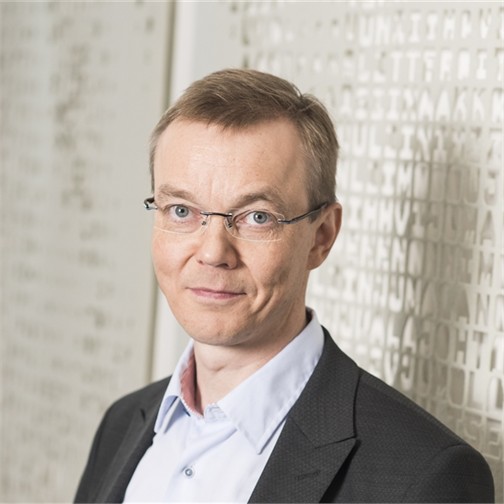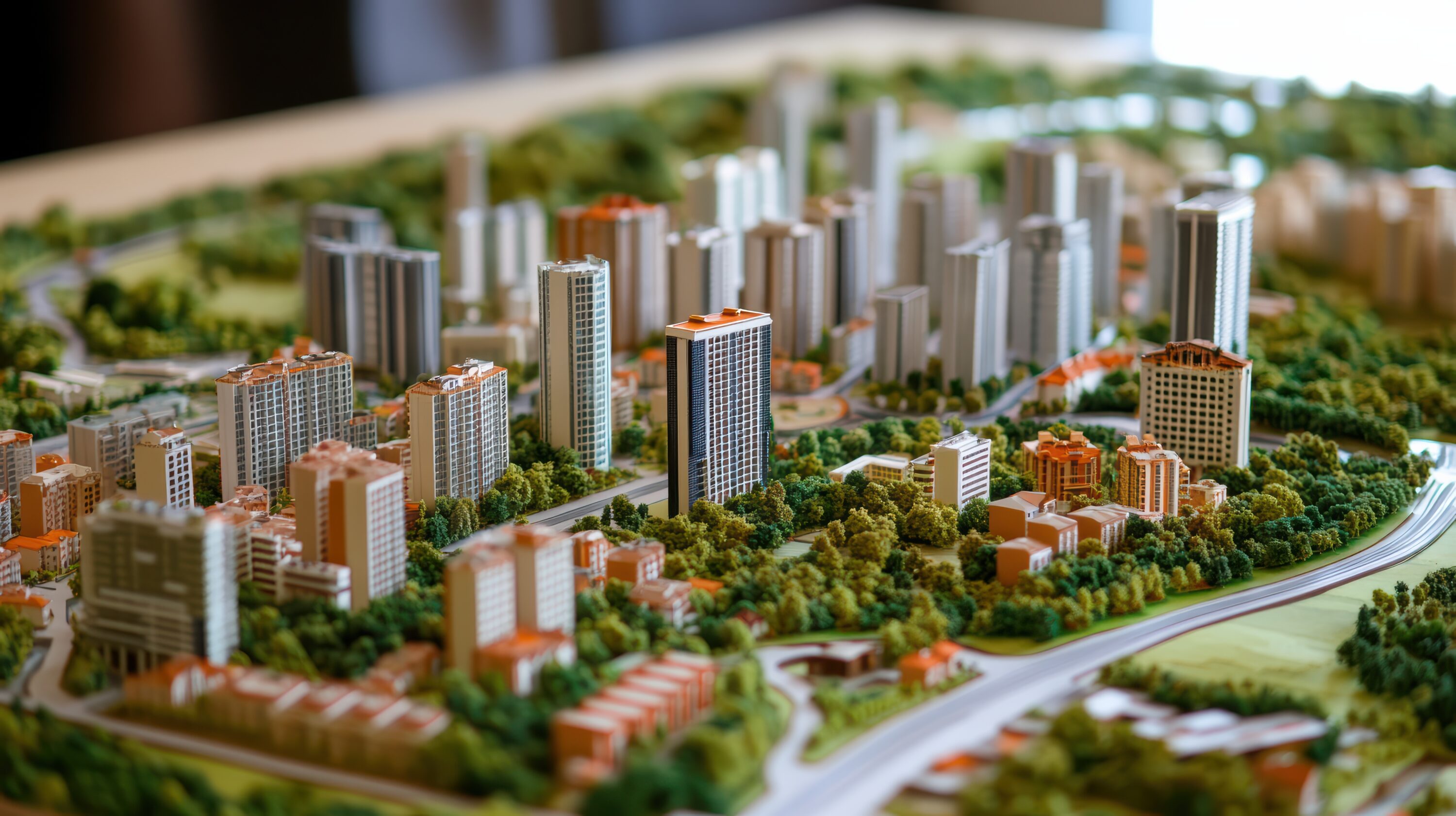
Sustainable Built Environment
Climate-resilient and resource-wise construction
We are transforming the built environment sector with sustainable innovations and practices that reduce environmental impacts, support climate change adaptation and create new sustainable business. We promote change towards sustainable built environment through multidisciplinary and innovative research.
Combating against climate change and the sustainable use of natural resources are driving the transition of the construction sector towards low-carbon and circular economy solutions. At the same time, continued urbanisation is creating pressure to build flexible and multifunctional living environments.
A sustainable built environment consists of a building stock that incorporates materials that are reusable and with low embedded carbon, smart energy systems, and green infrastructure that seamlessly integrates engineered structures with vibrant vegetation. We promote systemic change through multidisciplinary and innovative research, producing impactful results that benefit actors in both industrial and public sector.
We promote the application of bio-based material solutions in the construction industry, renew the circular economy in the construction sector and support operators in their transition to more sustainable forms of energy. Preserving nature’s resilience is a matter of honour for us. In doing so, we are improving both the industry’s ability to mitigate climate change and its capacity to meet the challenges it brings.
We are also part of Steel Construction Excellence Center (SCEC), which brings together companies and education, research and development organisations. SCEC strengthens the conditions and expansion of business activities in the steel construction sector in a sustainable manner and creates new opportunities for the future.
Our research groups
Sustainable Built Environment focus area consists of nine research groups.
Our Sustainable Energy Systems research group focuses on developing sustainable energy systems for energy production, smart energy consumption in the built environment, and energy security. Our goal is to innovate energy solutions together with stakeholders and improve the energy efficiency of the built environment, ensuring their usability in the future. We solve problems related to the productivity of sustainable energy systems services, increasing knowledge about sustainable energy solutions, and promoting the circular economy in energy use. Additionally, we focus on addressing challenges related to energy security, social aspects and system efficiency in the ongoing energy system transition towards a sustainable future.
We collect and analyze energy, building, and environmental data, and simulate energy use and production in a changing climate. We develop adaptive optimization methods considering energy fluctuations and pricing. Our expertise includes large energy systems such as district heating and northern environmental conditions and HAMK campuses serve as testbeds for energy efficiency and future preparedness. We collaborate with Kanta-Häme cities, companies, and research institutions, and contribute to the RUN-Europe University group on Smart and Sustainable Energy Systems.

Our research group addresses challenges related to low-carbon construction, efficient material combinations, and long-term structural performance. Our objective is to develop solutions that strengthen the competitiveness of timber structures and enable the use of wood in increasingly diverse and demanding construction projects. We aim to promote construction that integrates sustainability, cost-effectiveness, and functionality.
In practice, we focus on developing timber–concrete composite slabs, structural connections for hybrid systems, and modular and deconstructable solutions that support circularity and carbon-neutral goals. The methods and solutions we develop benefit the construction industry, design offices, and the research community. We work closely with companies, research institutes, and universities to provide knowledge and technologies that accelerate the transition toward resource-efficient and sustainable construction.
Contact us if you are looking for a partner in research and development of timber and hybrid structures.
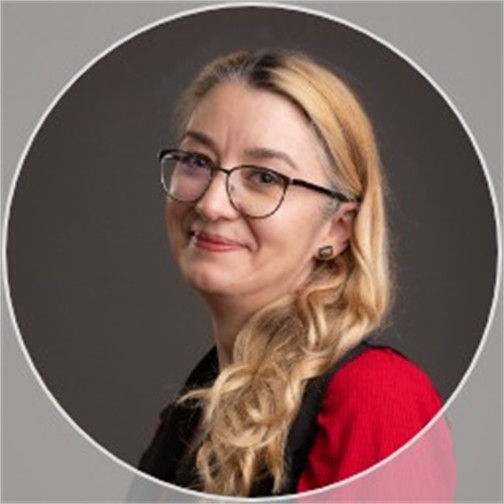
Our research group studies the long-term durability of materials and products as well as bio-based materials. Through experimental research, we create solutions and understanding related to the durability of materials and products against environmental stresses and for the development of materials based on renewable raw materials. Our goal is to support industry in developing materials with a long life cycle, increase expertise in the technical and environmental sustainability of materials, and develop new innovations on bio-based feedstocks and materials. The aim is to reduce the consumption of materials that use fossil raw materials.
Among other experimental methods that provide us with information on the technical durability of materials, our research group uses exposure of materials to environmental factors for development, research and testing purposes. We develop, for instance, new coatings and bio-based dyes for the paint and textile industry together with companies, research organisations and educational institutions. For the manufacturing industry, including construction products, we offer, for example, research services that support the development of sustainable coatings and other durable material solutions.

The mission of steel construction team is to contribute to the decarbonization of steel and construction industries, focusing on the deconstruction and refabrication for the reuse of steel buildings, high performance steel structures and products, reuses of building components and adaptation to new use of existing buildings. We are equipped with the advanced skills in experimental testing of various structures, finite element (FE) and computational fluid dynamics (CFD) simulations of building structures under mechanical loads and fires. We conduct the scientific research in the publicly funded projects from Finland and EU together with national and European partners from universities, research institutes and companies. We actively participate in the education programs and thesis supervisions in Construction Engineering.
In addition to scientific and applied research, our team also provide daily R&D services to the regional companies in the area of structural tests on load-carrying capacities, stiffness and deformation capacities, fatigue performance, and more. We are equipped with the loading cylinders with various capacities from 25 kN to 650 kN, material testing machines from 5-250 kN loading capacities, modern Digital Image Correlation (DIC) devices, strain gauge measurement devices and LVDT sensors.
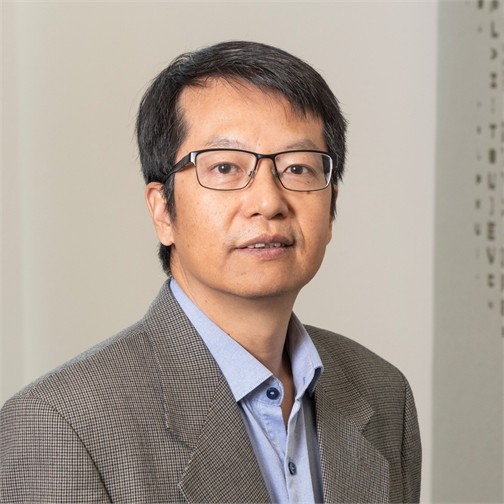
Our research group drives the transition of manufacturing industries toward sustainable production by developing advanced manufacturing technologies and solutions that enable circular economy and resource efficiency. We focus on utilizing recycled raw materials—such as metal waste, industrial side streams, and bio-based inputs—and creating methods to minimize material use. A key area of our research is additive manufacturing, which allows the integration of recycled and bio-based materials, enhances material efficiency, and enables customized, long-lasting products. We also explore innovative and sustainable design approaches that support these objectives.
Our mission is to accelerate systemic change toward a circular economy, strengthen the resilience of manufacturing industries, and build sustainable supply chains. We engage in research, development, and innovation in new materials and additive manufacturing processes. Through close collaboration with companies and research organizations, we deliver solutions that reduce reliance on fossil-based raw materials and advance sustainable production.

The Circular Business Innovations research group addresses one of the most pressing challenges in the real estate and construction sector: reducing environmental impact and transitioning from a linear “take–make–dispose” model to a profitable circular economy. That is why the research group focuses on developing and piloting circular business solutions in close collaboration with companies. These solutions aim to extend the lifespan of buildings and materials, enhance resource efficiency, and mitigate financial risks. Support is provided to companies in implementing process changes and in adopting and leveraging digital tools to enhance operational efficiency and sustainability.
The main objective is to create business models that integrate ecological, economic, and social perspectives, laying the foundation for systemic transformation across the real estate and construction sector. While the primary emphasis is on small and medium-sized enterprises, the developed solutions also support other stakeholders and decision-makers within the industry. The research group collaborates closely with businesses, municipalities, and public organizations, ensuring that all actors in the value chain are engaged and accelerating the development of circular economy ecosystems.

We advance accessibility and inclusive mobility by strengthening the technology-assisted interaction between people and the built environment. Our work focuses on developing user-relevant accessibility information derived from urban physical environments. We explore solutions where assistive technologies, such as sensor-based systems, computer vision and intelligent data solutions, support individuals in perceiving and interpreting their surroundings even when sensory, cognitive or mobility functions are impaired. We investigate approaches that strengthen the interaction between people and their environments through technology-assisted means ensuring that accessibility is realised in practice and supports safe and as independent mobility as possible.
The research addresses major global societal challenges, such as ageing populations in developed countries, increasing urban complexity and persistent structural barriers to equal participation. We collaborate closely with authorities, companies, international research networks, experts by experience and public sector organisations to develop solutions that enhance safety, independence and the scalable accessibility of future cities.
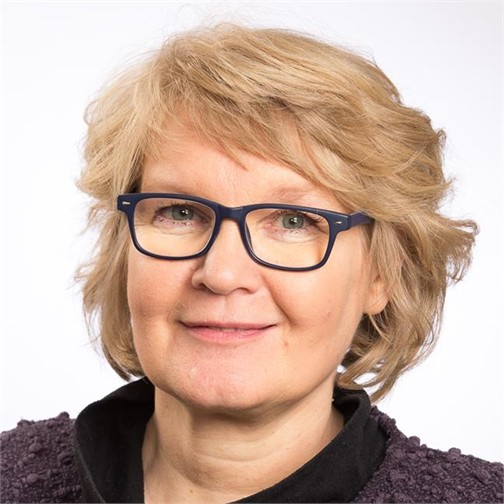
Our Smart City research group focuses on developing data-driven, digitally networked, and sustainable solutions for urban environments. Our goal is to promote the use of smart technologies, such as IoT, artificial intelligence, and data analytics, in the built environments, as well as strengthening data-driven decision-making and resource efficiency in cities, companies, and other organizations.
Our research encompasses the fields of energy efficiency, sustainable development, and vibrant urban planning. We develop solutions that support the digitalization, responsibility, and technological renewal of cities. We utilize HAMK’s campuses and the cities of Kanta-Häme as a living test platform where we simulate and evaluate the impacts of urban solutions.

This section is a work in progress.
Our projects
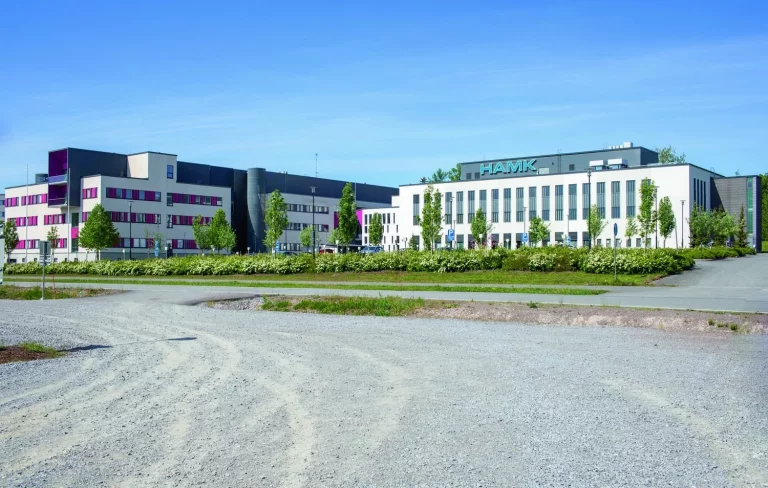
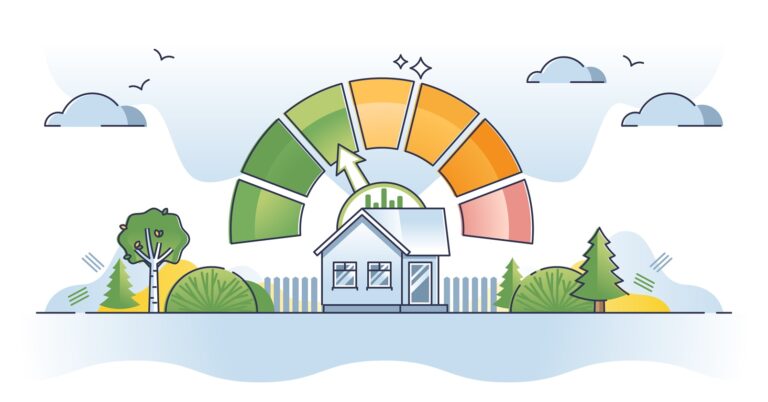
Adaptive, smart and energy-wise building (ADRA)
Traditional building automation systems contain little intelligent control. In the ADRA project, our aim is to develop solutions that increase the intelligence of buildings and to promote their use and popularization.

Agile expert in additive manufacturing
In Agile-project, we pilot a further training course where business-oriented, agile and innovative product development projects are implemented and technical experts’ knowledge in areas such as metal additive manufacturing is deepened.
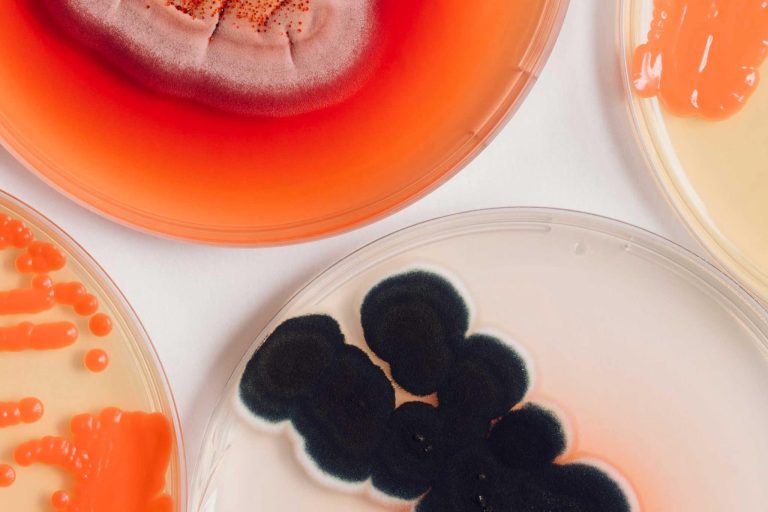
BioColour – Colour palette for bio-based dyes and pigments
BioColour research project is developing new methods for the production and use of bio-colourants. The aim is to create a “colour palette” of bio-colourants, including yellow, red, brown, green, blue and black.
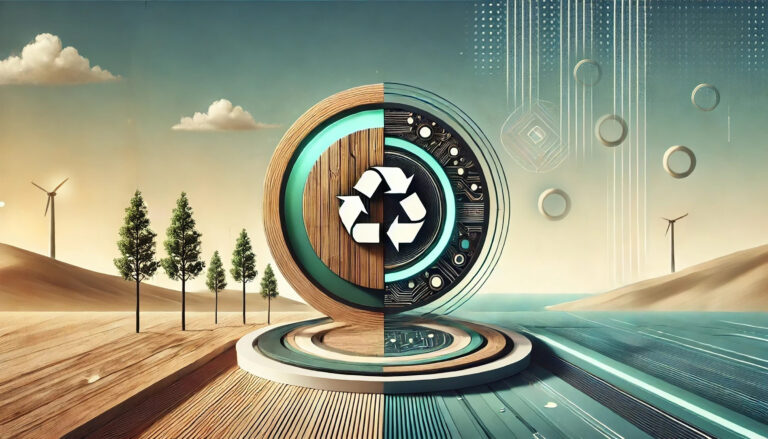
CIRC-2-ZERO
The international CIRC-2-ZERO project addresses the challenge of accelerating the reduction of carbon emissions and developing advanced manufacturing capabilities in electronics and engineered wood product SMEs in the Baltic Sea Region. The project will develop and deploy a Digital Twin Demo Platform, which includes practical tools for simulating and optimizing product and value chain design…
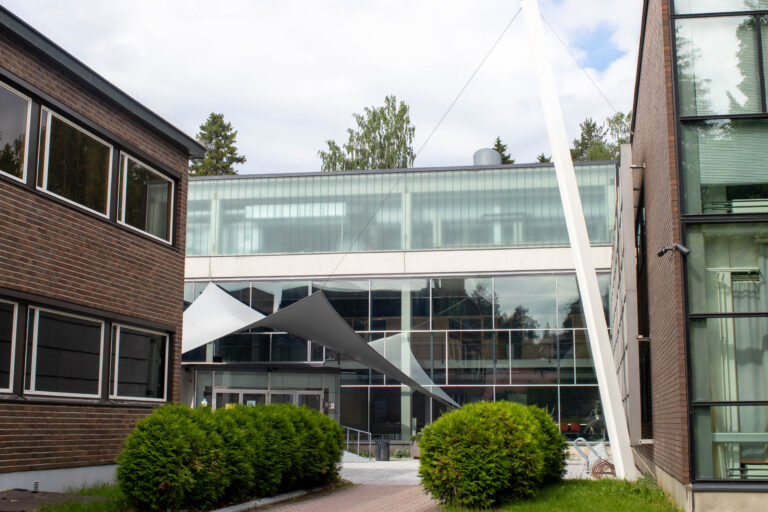
Circular economy advancing additive manufacturing (KIERTO-AM)
KIERTO-AM is strengthening the ability of metal and manufacturing industry companies in the Kanta-Häme region to adopt binder jetting technology.
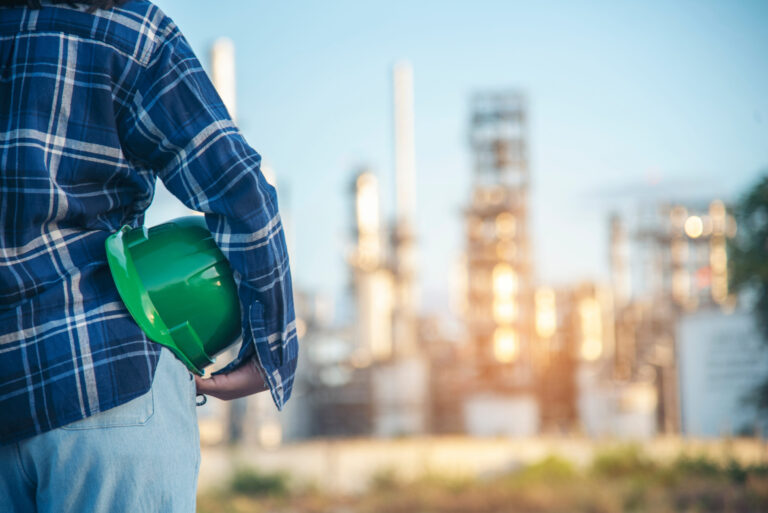
Circular Economy Pilots Promoting the Green Transition in the Real Estate and Construction Sector (CIRCULARPILOTS)
CIRCULARPILOTS supports SMEs in the real estate and construction sector in their transition to a circular economy.
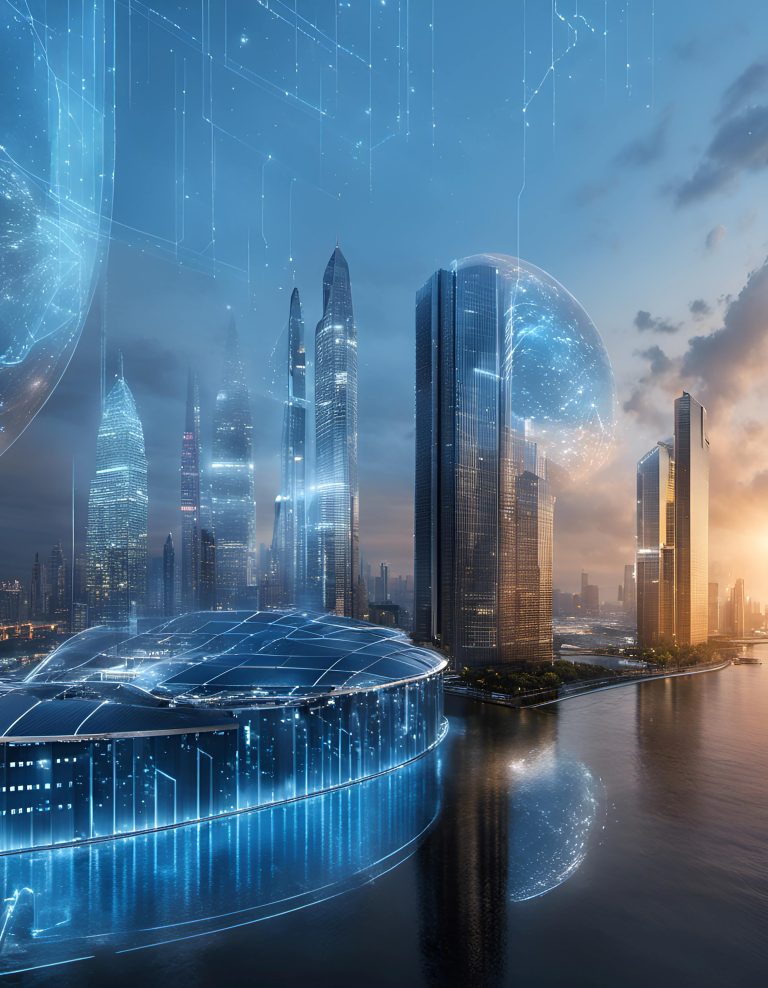

DataMill – sustainable data management for companies at smart city environment
DataMill optimises the utilisation of timely and historical data for cities and businesses, enhancing service delivery and decision-making processes.
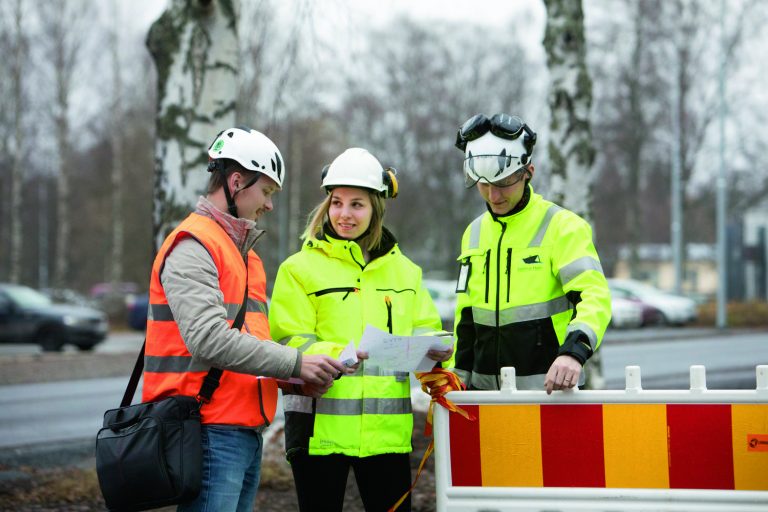
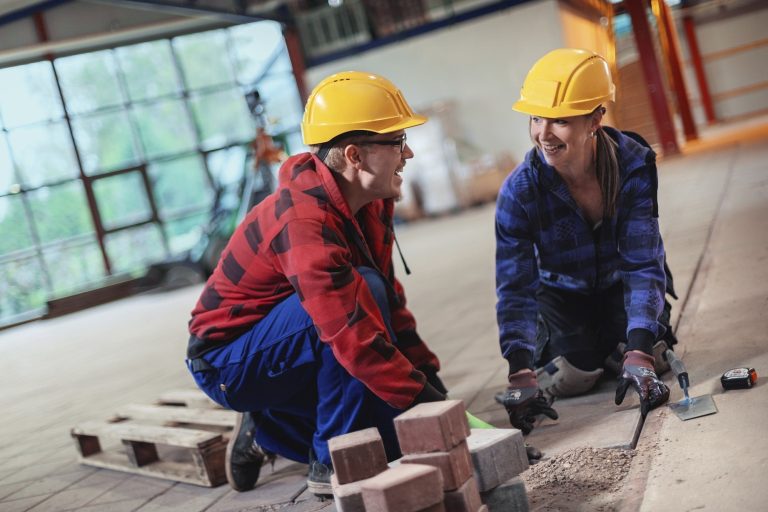
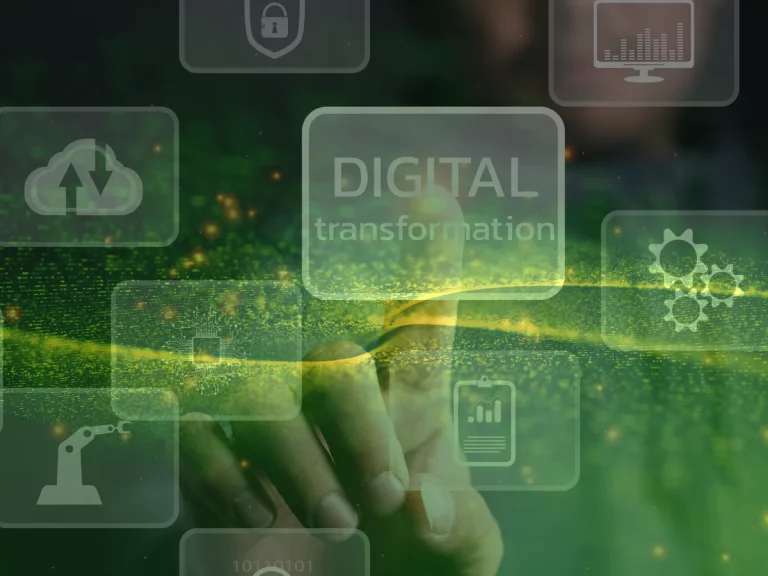
Digital autonomous services in circular economy
Together with our partners, we are developing the services of the circular economy area of the MORE industrial park in Hämeenlinna.
Contact us
